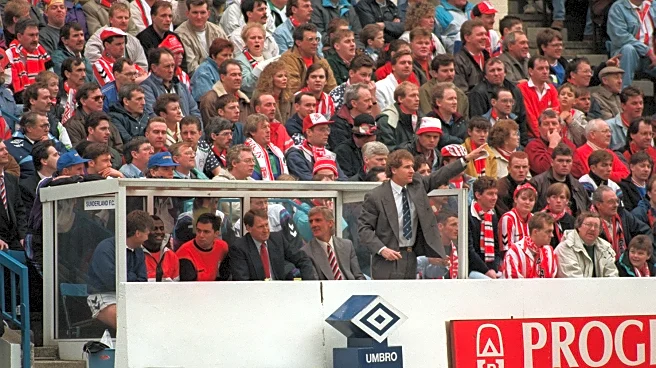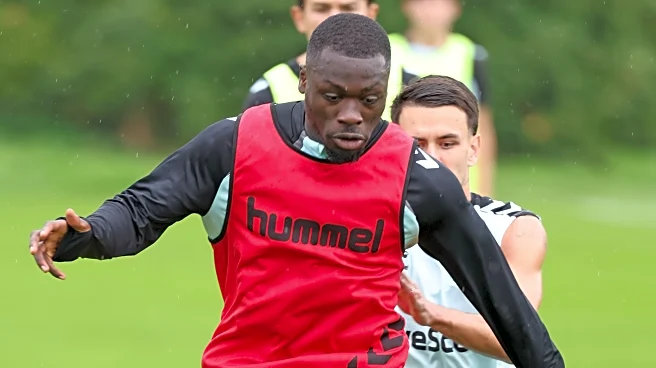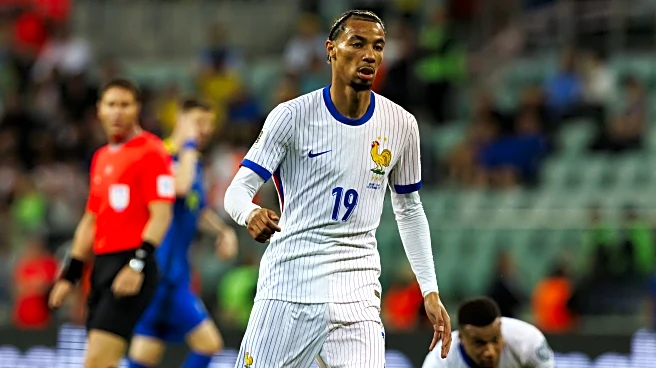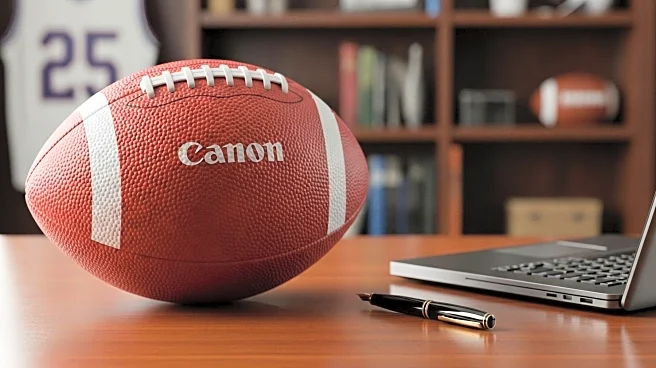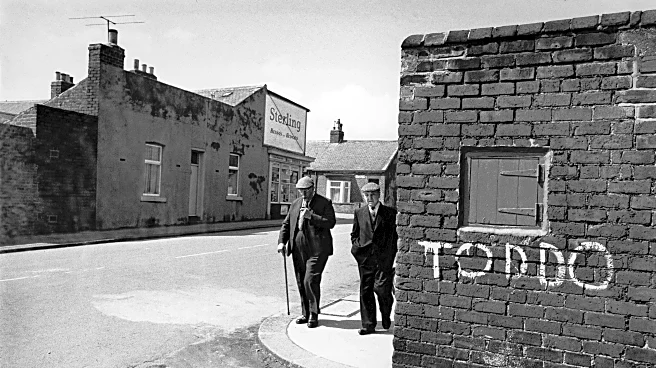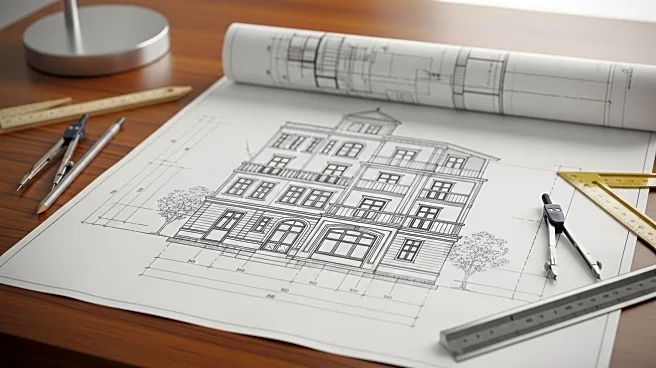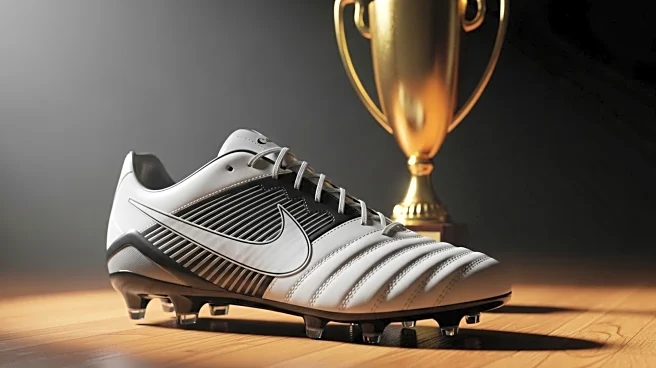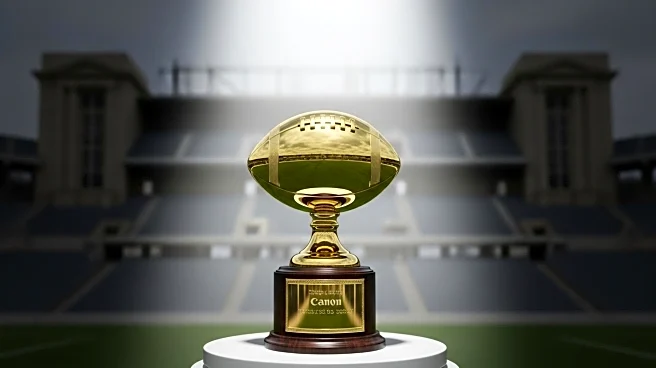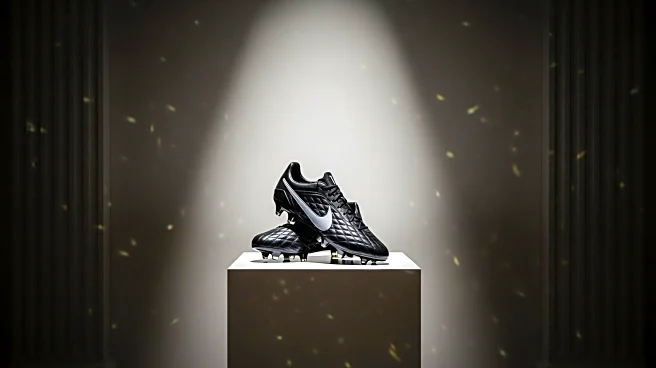
While it was only four months after the club’s thrilling run to the FA Cup final, there was increasing discontent at Roker Park.
The league campaign was just four games old, but we’d only picked up four points and been knocked out of the League Cup by Huddersfield Town.
On the eve of the Liverpool game, Chairman Bob Murray had somewhat reluctantly appointed Malcolm Crosby as permanent manager as he didn’t want a caretaker leading the club out at Wembley.
The general consensus was that this was a significant
mistake, with a number of proven managers having declared their interest in the Roker hot seat.
To be fair to Bob Murray, he’d backed his manager – having failed to back Denis Smith upon relegation – with Crosby spending significant cash on Grimsby captain Shaun Cunnington.

However, Murray’s stock wasn’t high. He was perceived to have failed by giving Smith less than £1m to reinforce the squad upon promotion in 1990, had treated Paul Bracewell’s contract situation disgracefully, and his desire to move the club to a new £50m ground at Washington wasn’t popular.
Added to that, former Roker season ticket holder John Hall was sparking things at St James Park – and Kevin Keegan, leading a successful, vibrant team featuring both Bracewell and another former Sunderland skipper Barry Venison, meant patience was in short supply.
A 150-strong fans pressure group, the Roker Supporters’ Trust, included both ‘rebel shareholder’ Barry Batey and famous Sunderland supporter Tim Rice, and was aiming to buy Murray out, with Batey having promised his shares to the Trust.

However, Murray wasn’t in the mood to negotiate.
My shares are not for sale. I have a job to do for Sunderland Football Club and I’m determined to see it through.
I don’t know where the figure of £1.5m comes from.
As far as I am concerned my shares are priceless and I can’t put a value on them. It doesn’t matter because they won’t be available anyway. They are absolutely not for sale, never were and aren’t now.
There are a lot of vital issues for the board to resolve and I will be there to see us through that.
A defeat to Charlton the previous week had seen loud chants of ‘Murray Out’ coming from the Fulwell End, and pressure was growing.
Supporters Trust committee member Maurice Lowe said:
The £1.5m figure was based on the rights issue last year which value the shares at £225 each.
We would like the club to make a new issue of shares to the public because we feel there has been a lack of investment. Failing that, we have made an offer for Mr Murray’s shares. We have a lot of members who are in professional jobs and are confident we could raise the money.
The proposed ground, which Murray was determined to move the club to, was on the A19 next to Nissan. At the time, the council had grand plans for a project that included a giant conference centre inspired by the NEC Birmingham, an Olympic swimming pool, a bowling alley and other sports facilities.
Provisionally called The Concorde Centre, it was planned to be just a few hundred yards from Nissan, and the council were lobbying the government to lift the green field status of the land.
Sunderland council leader Eric Bramfitt said:
It is an ideal place for road access and would have sufficient car parking. We would love to have both the Concorde Centre and the new stadium, which could be used for things like rock concerts as well as soccer. It would give a huge lift to the area.
On the field, meanwhile, Crosby was already feeling the pressure – and was hoping that lightning wouldn’t strike thrice.

Both Denis Smith and Newcastle’s Ossie Ardiles had been sacked after defeats at Oxford’s Manor Ground the previous campaign, and with John Byrne set to miss out through injury, Crosby was pinning his hopes on young striker David Rush, after he scored two for the reserves in midweek.
“Rush is fresh and can add a bit of zip for us. He needs to slow himself down at times when he gets possession. But he’s a handful for defenders and they don’t like playing against him.
I’ll be altering things a bit elsewhere in the side. We’ll certainly be playing the game differently than we did against Bristol.
We have to look to score more goals – that’s been our main problem.
